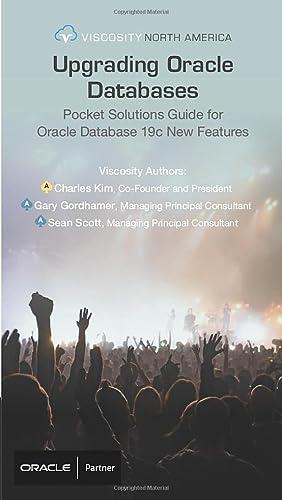Question
Professor Question: The Role of Knowledge Management & Knowledge Management Systems (PLEASE READ) Class, what are your thoughts on any aspect of the Professor Analysis
Professor Question: The Role of Knowledge Management & Knowledge Management Systems (PLEASE READ)
Class, what are your thoughts on any aspect of the Professor Analysis issue below. Do you agree or disagree, why or not? What do you find most interesting about this issue?
Can you provide any real world example of any of these issues?
How about the specific issues of: Knowledge as a firm asset ,Knowledge has different forms Knowledge has a location, Knowledge is situational discuss.
Feel free to share any article, journal, website information or other resource that is related to any of these subtopics.
NOTE: Please base your answers upon research and reading from the course textbook, outside articles (please feel free to state page #s referenced to extend the learning for others in the class), other official academic sources, and your professional experience.
Professor Analysis: The Role of Knowledge Management and Knowledge Management Systems (PLEASE READ)
What is the role of knowledge management and knowledge management programs in business?
Define knowledge management and explain its value to businesses.
Knowledge management is the set of processes developed in an organization to create, gather, store, maintain, transfer, apply, and disseminate the firms knowledge. Knowledge management promotes organizational learning and incorporates knowledge into its business processes and decision making. As the textbook points out, knowledge management enables the organization to learn from its environment and incorporate this new knowledge into its business processes. Knowledge management helps firms do things more effectively and efficiently, and cannot be easily duplicated by other organizations. This in-house knowledge is a very valuable asset and is a major source of profit and competitive advantage
Describe the important dimensions of knowledge.
Table 11-1 describes the important dimensions of knowledge:
Knowledge is a firm asset: an intangible asset; requires organizational resources; experiences network effects as its value increases as more people share it.
Knowledge has different forms: can be either tacit or explicit; involves know-how, craft, and skill; involves knowing how to follow procedures; involves knowing why, not simply when, things happen.
Knowledge has a location: its a cognitive event involving mental models and maps of individuals; has both a social and an individual basis of knowledge; is sticky, situated, and contextual.
Knowledge is situational: its conditional; its related to context.
Distinguish between data, knowledge, and wisdom and between tacit knowledge and explicit knowledge.
Data by itself has no meaning but is the first step in the creation of knowledge. Knowledge includes concepts, experience, and insight that provide a framework for creating, evaluating, and using information. Wisdom is the collective and individual experience of applying knowledge to the solution of problems. Explicit knowledge is knowledge that has been documented whereas tacit knowledge is the expertise and experience of organizational members that has not been formally documented
Describe the stages in the knowledge management value chain.
Refer to Figure 112 for the knowledge management value chain. These steps include:
Acquire: knowledge discovery, data mining, neural networks, genetic algorithms, knowledge workstations, expert knowledge networks
Store: document management systems, knowledge databases, expert systems
Disseminate: intranet portals, push email reports, search engines, collaboration
Apply: decision support systems, enterprise applications
Step by Step Solution
There are 3 Steps involved in it
Step: 1

Get Instant Access to Expert-Tailored Solutions
See step-by-step solutions with expert insights and AI powered tools for academic success
Step: 2

Step: 3

Ace Your Homework with AI
Get the answers you need in no time with our AI-driven, step-by-step assistance
Get Started


